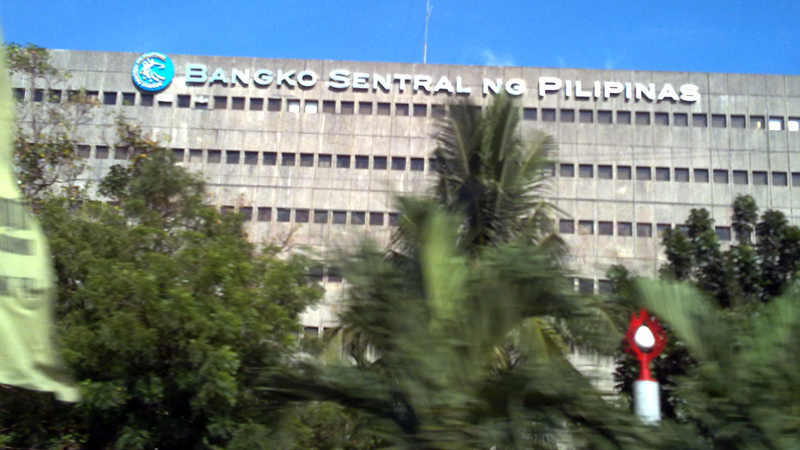BSP seen keeping key rates unchanged
Even as the US Federal Reserve is expected to push through with a rate increase next month, the Bangko Sentral ng Pilipinas (BSP) sees no need to tweak policy rates in the near term amid manageable inflation and sustainable economic growth.
“The inflation environment remains manageable. Our current monetary policy rate-setting, therefore, continues to be appropriate. The BSP’s monetary policy stance does not need to be in sync with the Fed should the Fed decide to hike rates in December. The policy actions of the BSP will remain data-dependent and attuned to domestic conditions and our own inflation targets,” BSP Governor Amando M. Tetangco Jr. said in a speech Wednesday at the Security Bank Economic Forum 2016.
Tetangco said inflation would likely fall below the 2-4 percent target range this year before settling within target in the next two years. Inflation averaged 1.6 percent as of October.
In a separate speech at the 10th ING-Finex CFO Award ceremony also Wednesday, Tetangco expressed confidence that the country’s economic growth would be sustainable as the economy has sufficient buffers to external headwinds, including the $85.75-billion gross international reserves (GIR) as of October, which gives the country a comfortable external liquidity position.
The Philippines posted a gross domestic product (GDP) growth of 7.1 percent in the third quarter, the fastest in emerging Asia, which also marked 71 straight quarters of economic expansion.
Article continues after this advertisementExternal challenges
Article continues after this advertisementHowever, Tetangco said there remained external challenges in the near-term from which the domestic economy should be shielded—for instance, the second-round effects of the United Kingdom’s so-called Brexit vote on the overall EU economy.
While the Philippines’ exposure to the United Kingdom was limited, there remained risks coming from the impact on the European Union, Tetangco said.
As for US President-elect Donald Trump, Tetangco said that while “it was too early to tell how he will govern,” the Philippines needed to be vigilant if ever Trump pushed through with his plan to tighten immigration policies.
Specifically, the Philippine government would be monitoring the impact of a Trump presidency in the United States on the business process outsourcing (BPO) sector as well as on remittances, Tetangco said.
In an economic bulletin, Finance Undersecretary and chief economist Gil S. Beltran said the strong balance sheet of banks, the BSP’s sizable reserves and the country’s lower exposure to foreign debt has fostered macroeconomic stability and would continue to provide the country more cushions to withstand external headwinds.
“The government also has ample fiscal policy space to increase spending specifically for much-needed infrastructure investments,” Beltran said in a report to Finance Secretary Carlos G. Dominguez III.
